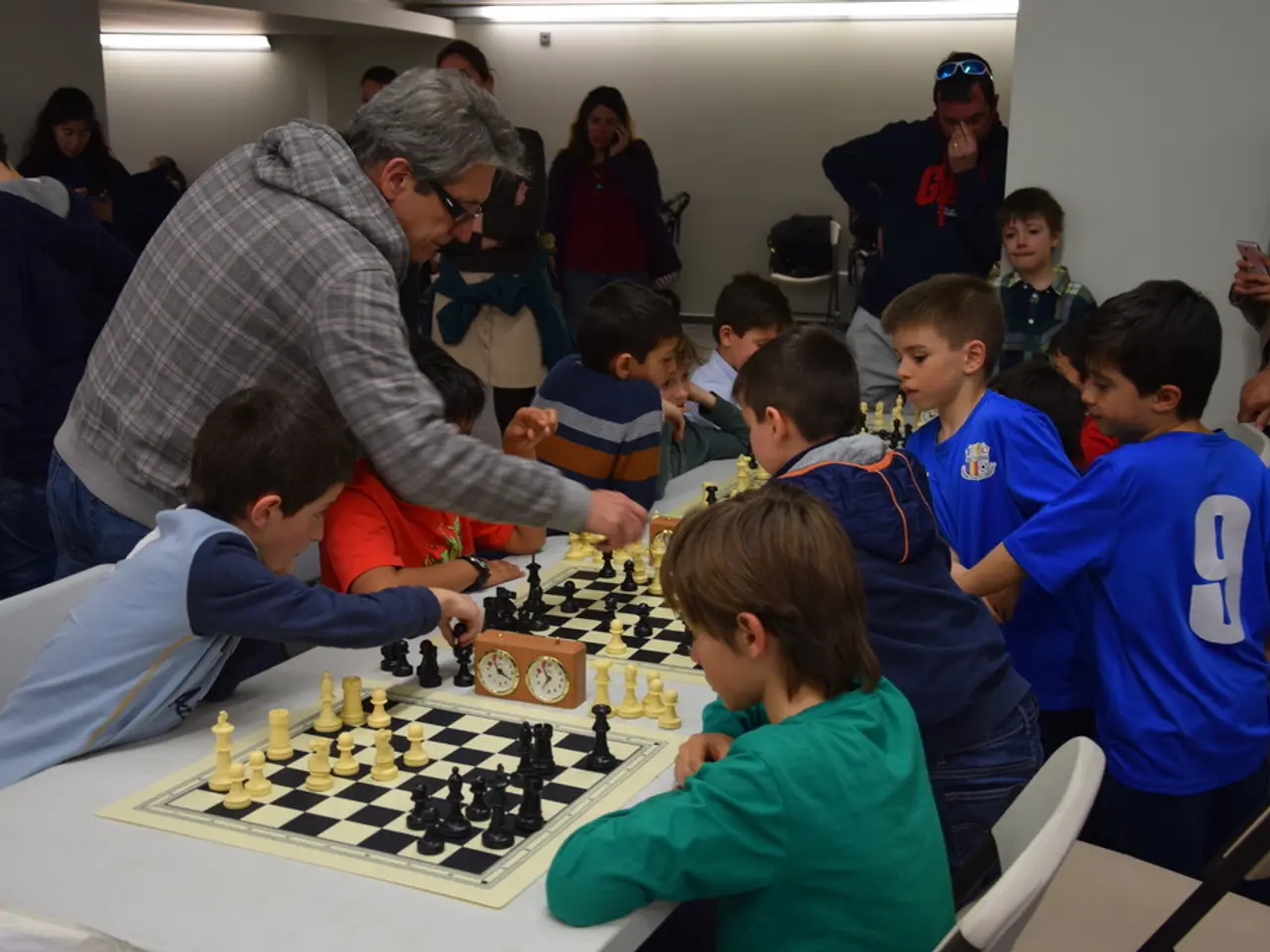Analysis: Internet Advertisements Blur the Distinction between Video Games and Betting
In a joint report by GambleAware, CultureStudio Research, Family Kids & Youth, and Sherbert Research, it has been highlighted that children are being exposed to gambling ads and can be affected by someone else's gambling or their own participation. The research conducted by Family Kids & Youth further emphasises this, pointing out that vulnerable children are more impressionable and trusting, and less likely to seek support.
The study, which sampled children and young people between the ages of 7 and 25 and their families, found that children feel that online spaces are oversaturated with gambling ads and content. Many young people, such as a 13-14-year-old girl, acknowledged that they are not given enough information about gambling to properly understand the risks. In fact, many children see gambling as a normal part of everyday life and describe it as a part of their experience growing up.
This is concerning, as many younger respondents expressed a desire for more education on gambling harm in schools. Dr. Barbie Clarke, managing director of Family Kids & Youth, agrees and emphasises the importance of addressing gambling harm in schools and providing education to children about the risks.
To improve gambling education in UK schools, key improvements include removing or banning gambling industry-funded educational materials. These materials have been criticised for downplaying risks and embedding gambling mechanics under the guise of "responsible gambling" education. Health experts warn such materials act as marketing for gambling brands, misleading children about risks and normalising gambling behaviour.
Instead, schools should be provided with government-regulated, evidence-based resources designed by public health experts. This ensures accuracy and a focus on prevention rather than promotion of gambling. The education should be comprehensive, age-appropriate, integrated within personal, social, health and economic (PSHE) education, and aimed at raising awareness about gambling addiction, financial risks, and how to seek help.
Teaching children about the risks of online gambling specifically is also crucial. This includes exposure to online betting platforms, social gambling games, and loot boxes, which blur the lines between gaming and gambling and have become accessible to minors. Incorporating critical financial literacy and risk awareness, especially regarding money management, the financial risks of gambling, and the tactics the gambling industry uses to entice young people, is also important.
Engaging parents and carers alongside children in educational efforts is another key improvement. This helps reinforce safe behaviours at home and provides support for vulnerable children. Training teachers and school staff with up-to-date knowledge and skills on gambling harms, prevention strategies, and how to deliver effective education is also essential.
Zoë Osmond, CEO of GambleAware, emphasises the need for restrictions on gambling advertising to protect children. The grey area between iGaming and gambling-like gaming, according to Nicki Karet, managing director of Sherbert Research, can blur the lines between what is and isn't gambling. Hanna Chalmers, founder of CultureStudio Research, agrees with the need for protections to minimise harm to children and young people.
Overall, protecting children from online gambling risks requires coordinated action to ensure educational content is independent, accurate, and comprehensive rather than industry-sponsored and superficial. This approach aligns with recent calls by public health advocates and education authorities in the UK. Urgent action is needed to protect children from the potential harm of gambling.
- The 13-14-year-old girl in the study shared her concerns about the overabundance of gambling ads and content in online spaces, expressing a need for more education on gambling harm in schools.
- To equip children with the necessary knowledge to understand the risks involved, it's crucial that schools adopt evidence-based, age-appropriate, comprehensive resources on gambling, focusing on topics like gambling addiction, financial risks, and seeking help, especially when it comes to online gambling.




